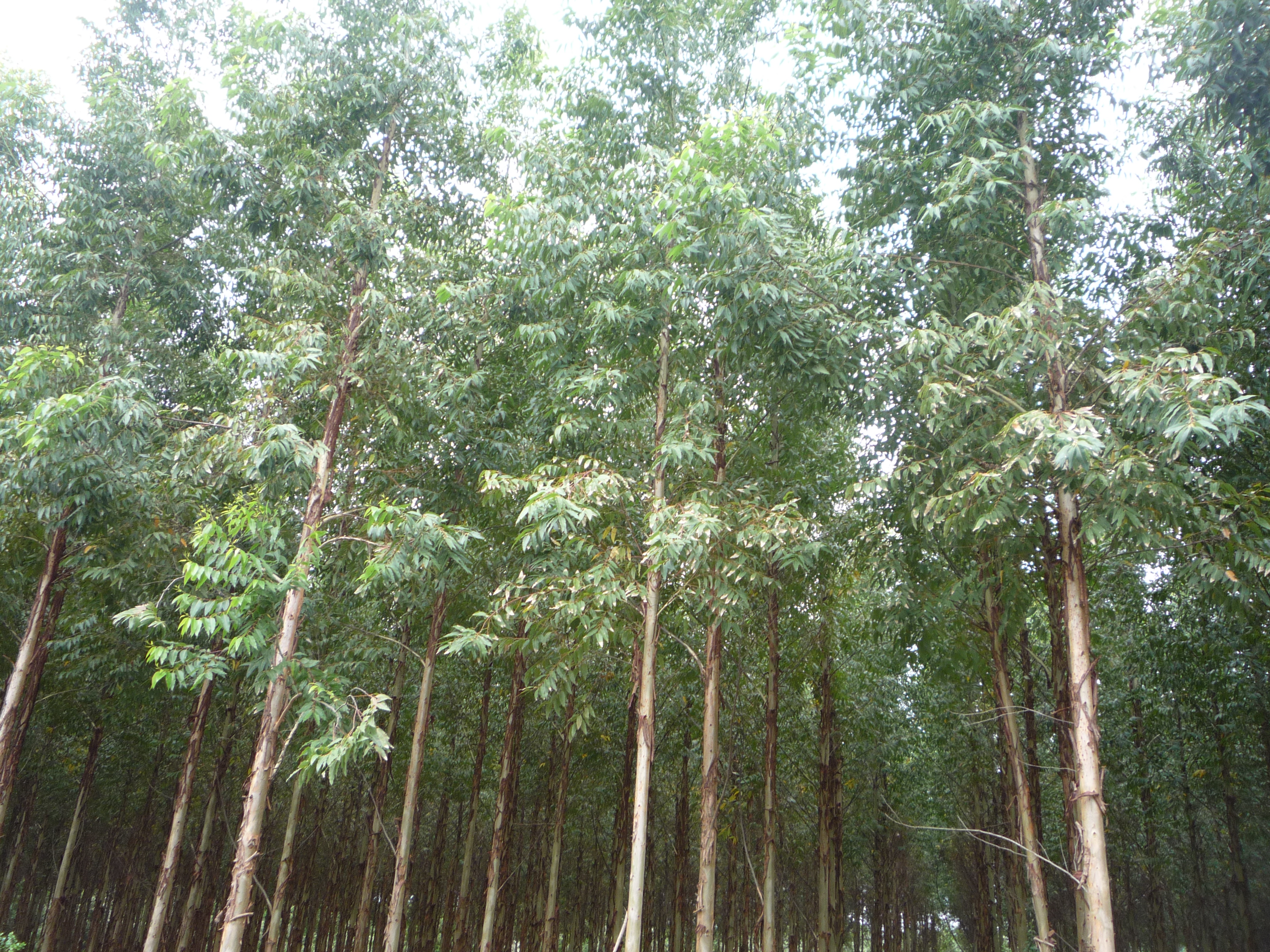New Video Reveals Global Resistance to Forest-Carbon Projects: A Darker Shade of Green Documents Critical Perspectives on REDD

Photo by Isis Alvarez
Global Forest Coalition and Global Justice Ecology Project have produced a new video entitled A Darker Shade of Green: REDD Alert and the Future of Forests. The twenty-eight minute video, launched today, documents opposition around the globe to controversial programs that claim to Reduce Emissions from Deforestation and Forest Degradation (REDD) by putting forests into the carbon market.
As policies and programs to Reduce Emissions from Deforestation and Forest Degradation (REDD) are promoted around the world by corporations and governments, Indigenous Peoples and other forest-dependent communities are raising the alarm that these programs will have serious negative impacts – and will not mitigate climate change.
Clayton Thomas-Muller of Indigenous Environmental Network, featured in the video, declares, “We can take care of our own lands, we don’t need agencies … to do this for us. As Indigenous Peoples we want rights, and we don’t want REDD.”
Nnimmo Bassey, of Nigeria, Chair of Friends of the Earth International, also featured in the video, says, “The whole idea of Reducing Emissions from Deforestation and Forest Degradation is not about stopping deforestation. It’s industry driven, it’s driven by speculators who want to grab land in Africa, in Asia, in Latin America, and who don’t really want to change the mode of economy we’re living right now.”
REDD has been hotly contested since it was first introduced into the climate mitigation package at the United Nations climate talks in 2007. Every year since, REDD has been pushed by those who wish to use the world’s forests as carbon offsets, and protested by Indigenous Peoples and forest dependent communities that face potential forced relocation if their forest homelands are “protected,” under the REDD scheme. A Darker Shade of Green details the ideas behind REDD and the concerns being raised against it.
Following the UN Climate Conference in Durban, South Africa in December 2011, global REDD projects are coming under even greater scrutiny. Simone Lovera, Director of Global Forest Coalition, said, “The outcomes of the Durban Conference in the field of REDD are generally seen as a major step backwards. The already unacceptably weak and non-binding social and environmental safeguards were further undermined, and the vague guidance for reporting emission reductions allows cheating and exaggerations.”
Subnational REDD programs such as the agreement between California, USA, Chiapas, Mexico, and Acre, Brazil – featured in the new video – are still set to move forward, though with carbon markets collapsing, grassroots resistance growing, and global climate agreements in deep-freeze, legislators may be hard-pressed to provide concrete footings for the complicated agreement.
A Darker Shade of Green: REDD Alert and the Future of Forests, produced in English and Spanish, features interviews and testimonies from Mexico, Brazil, Panama, Philippines, Indonesia, Nepal, Uganda, India, and California. It is available for viewing on Climate Connections. The DVD edition will contain two additional films on REDD: Amador Hernández: Starved of Medical Services for REDD+, by Global Justice Ecology Project and REDD: Greed for the Trees by the Chiapas-based NGO Otros Mundos. This DVD will be made available next week.
A three-minute trailer is also available for viewing in English and Spanish at http://climate-connections.org/2012/01/12/new-video-trailer-a-darker-shade-of-green-redd-and-the-future-of-forests/.
For more information, contact:
Jeff Conant, Communications Director, Global Justice Ecology Project: +1.510.698.3802
Simone Lovera, Director, Global Forest Coalition: +595.21.663654










